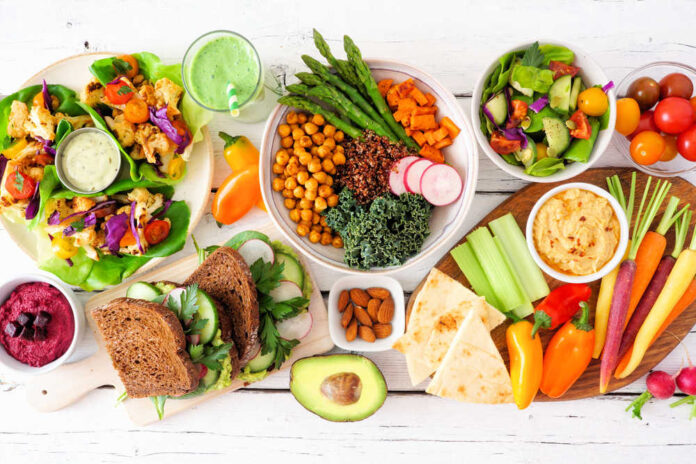
When making decisions that directly impact your health and well-being, it’s essential to have the most accurate information available.
Unfortunately, with the internet and social media, it’s easier to spread false information.
On the other hand, there is also a wealth of clinical research and accessible evidence that is available to help guide you in making the best choices for your health.
Here are five science-backed nutrition and health tips to help you live your best life:
Avoid “Ultra-Processed” Foods
“Ultra-processed” is a term used in food science to describe products that have been heavily processed and often contain high levels of added sugar, sodium, and unhealthy fats.
These are industrially-manufactured food products that are made with 5 or more ingredients, and are generally designed to be highly palatable and have a long shelf-life—without much regard for nutrition and health consequences.
Examples of ultra-processed foods include:
● Mass-produced snacks (cookies, chips, crackers)
● Frozen, ready-made, or instant meals
● Pastries
● Breakfast cereals
● Candy
● Cakes and cake mixes
● Sausages, hot dogs, deli meats, and other processed meats
● Sodas and other sweetened beverages
Research has consistently demonstrated that a diet high in ultra-processed foods is associated with an increased risk of obesity, type 2 diabetes, heart disease, and cancer.
Prioritize Plant-Based Foods
A growing body of evidence suggests that the foundation of a healthy diet should be plant-based whole foods—fruits, vegetables, whole grains, legumes, nuts, and seeds.
These foods are naturally high in essential nutrients, fiber, and antioxidants and have been shown to significantly reduce the risks of chronic disease.
This doesn’t necessarily mean you need to be a vegetarian or vegan. But it does mean that you should make plants the star of your meals and focus on filling yourself up with nutrient-dense produce as much as possible.
Even Small Amounts of Alcohol Can Be Risky
A popular misconception has spread in recent years that moderate alcohol consumption—one or two daily drinks—can be good for your health.
This idea is based on the manifestation of a J-shaped curve in the data of some epidemiological studies. This means that, in some studies, there appears to be a small decrease in risk at moderate alcohol intake levels compared to not drinking at all.
This suggests that alcohol may be beneficial (in small amounts) excited the media and the general public, and the message that moderate drinking is healthy (fueled by alcohol industry interests) became widespread.
However, further analysis of the data has shown that the J-shaped curve is largely due to methodological flaws and biases in the studies. The “Zero drinks per week” group in these studies is made up of both never-drinkers and “sick-quitters” (people who stopped drinking because alcohol has already harmed their health). Including former heavy drinkers in the “zero alcohol” group skewed the data, making it appear that moderate alcohol intake is safer than no alcohol.
When these flaws are corrected, the data consistently shows that there is no safe level of alcohol consumption. Even a few drinks per week can significantly raise your risk of heart disease, cancer, and other health problems.
Be Physically Active Every Day
You don’t need to train for a marathon or join a gym to reap the benefits of physical activity. Just moving your body every day—even in small ways—can cause a huge boost for your health.
In fact, research has shown that being physically inactive is one of the leading risk factors for chronic disease, disability, and premature death.
So, get up and move! Go for a walk, take the stairs instead of the elevator, do some yard work, or play outside with your kids or pets. No matter what age you are or what your current condition is, being physically active is one of the most important things you can do for your health.
Always Wear Sunscreen Outside
When it is hot and sunny outside, most know that they should put on sunscreen to protect themselves from getting sunburned.
But when it is cold or cloudy, many people think they can skip sunscreen. Unfortunately, this is not the case.
The sun’s harmful UV rays can penetrate clouds. You may not get sunburn as easily, but you are still at risk of damaging your skin.
Skin cancer is the most common cancer in the United States, affecting approximately 1 in 5 people. Wearing sunscreen anytime you are outside during the day is the most effective way to prevent skin cancer.






















